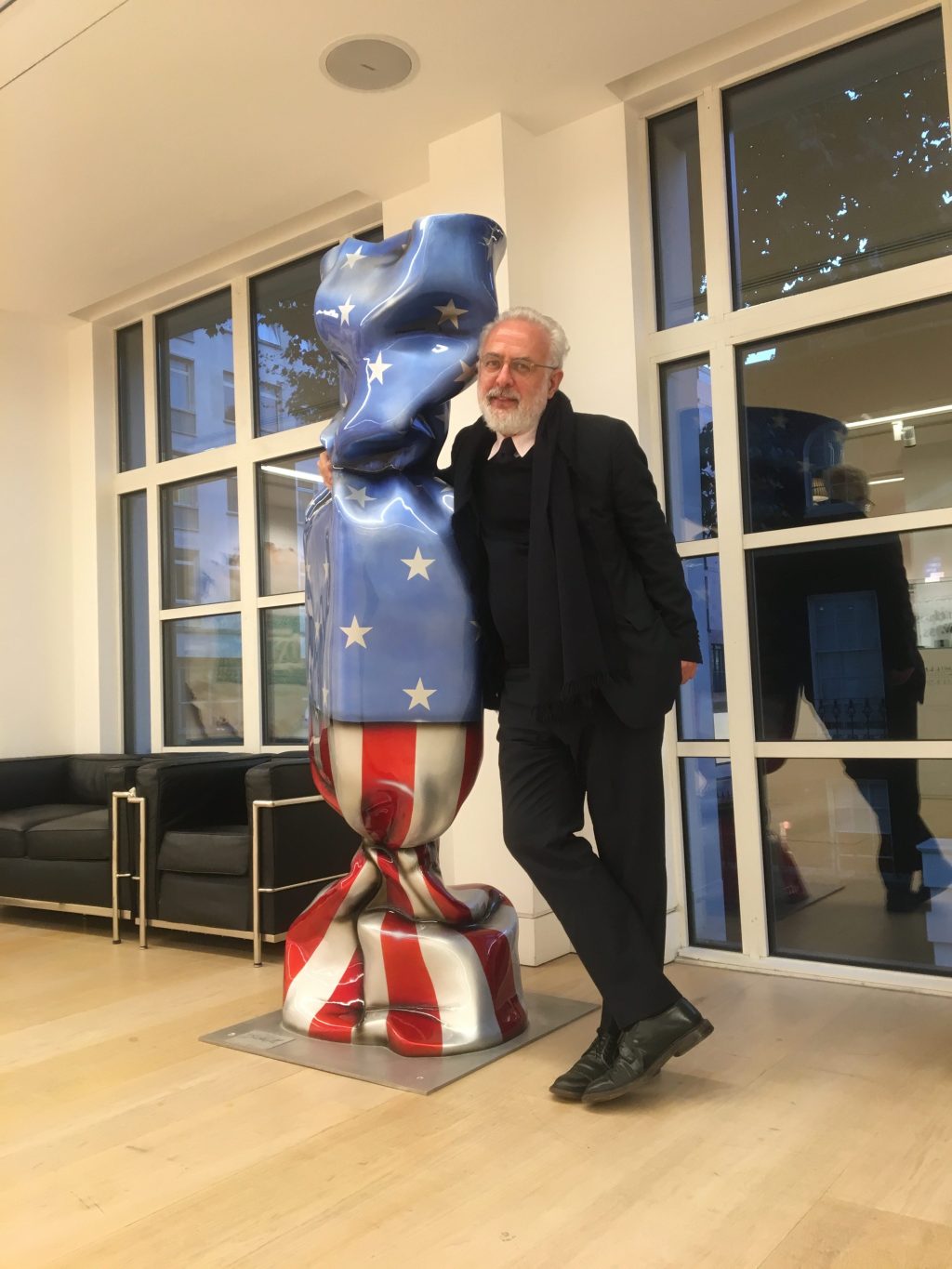[ad_1]
Francesco Bonami, whose curatorial credits include the 2003 Venice Biennale and the 2010 Whitney Biennial, has returned for the fifth edition of his column, “Ask a Curator,” in which he addresses Yale University’s new approach to art history, Italy’s response to the coronavirus, and Art Basel Hong Kong’s online viewing rooms. He can be found on Instagram at @thebonamist. If you have queries for him for a future column, please write to editorial@artnews.com. —The Editors of ARTnews
Earlier this year, it was reported that Yale University’s undergraduate art history department would scrap its introductory survey in favor of a more inclusive set of thematic courses that were global and less Western. What do you think about Yale’s new art history classes? Did the department do the right thing?
I believe that it is absolutely mandatory to rewrite history and art history from many different—and controversial—points of view. But to right a wrong, or to present a different truth, should not mean erasing history. Would you go back and take away all the awards from actresses, actors, and directors who worked on movies produced by Harvey Weinstein? I wouldn’t. Negationism is horrendous, and that’s why we need to make a huge effort not to negate history, but to present it with wrongs and rights side by side, because a right without a wrong cannot be evaluated justly. So, Yale’s department did the wrong thing for the right reason.
Curators travel all the time—and go to art fairs. How should they handle the coronavirus?
Curators are heroes! They should face coranavirus as Clement Greenberg faced figurative painting: as an enemy to destroy. Jokes aside, honestly, it’s each curator’s problem how to handle what may soon be a pandemic. I would never risk to getting quarantined or stranded somewhere for a studio visit, a museum gala, or a panel about the consequences of relational aesthetics. We need to accept that different realities exist outside the art world, and they are harder to endure than an art fair opening.
[See a complete guide to the coronavirus’s impact on museums, fairs, biennials, and more.]
You were born in Italy, and are now based in New York. How have your Italian colleagues in the country been dealing with the coronavirus there? Do you think it’s impacted the art world there?
The atmosphere is dramatic and very strange, and yet the utter gravity of it is a sort of awakening. Who’s who doesn’t matter anymore. Sick, healthy, paranoid, hypochondriac? Who knows. Italy is back to the time of Grand Tour—empty streets, empty museums. It’s art for the few and the brave, and it’s scary and yet refreshing. There’s a vintage video on YouTube that’s circulating—it’s from the RAI Italian national television news channel from 1967, and it’s about a flu epidemic that year that infected 13 million people and killed 5000. The voiceover is chirpy, and it’s by the same who could have reported few minutes later on Venice Film Festival. “It’s just a flu,” the voiceover says—which, translated in a cynical way, could be, “Shit happens.” There’s that famous quote: “Forget it, Jake. It’s Chinatown.” Forget it, Gianni. It’s Italy.
Do you think it is possible to really do a “curated” art fair booth? Is it possible for a space like that to house a curated show?
You can curate a kitchen or a closet—Hans Ulrich Obrist proved that—so why not an art fair booth. As long as curating is understood as a way to enhance sales, not to give the booth a nobility it will never have. They call it a “booth” for a reason. It’s just a booth. In the future, maybe it should be called a differently located museum gallery, just to be politically correct.
After canceling Art Basel Hong Kong because of coronavirus, Art Basel allowed exhibitors to make use of the fair’s online viewing rooms. What do you think of online viewing rooms in general?
If these online rooms work well, art fairs are fucked. But I don’t think you will be able to replace the physical experience of looking at the real thing—and the beautiful annoyance of hearing the real voice of a dealer saying, “The artist wants this work to go only to a museum”—a pause—”or a private foundation,” and usually the person standing there has one. This cannot happen in an online viewing room.
[ad_2]
Source link

